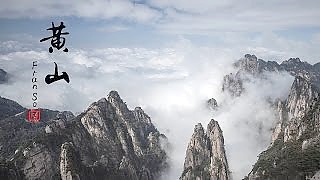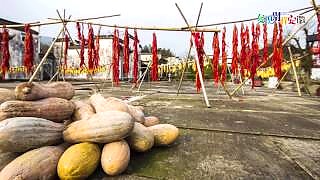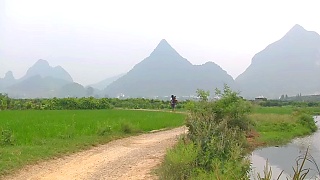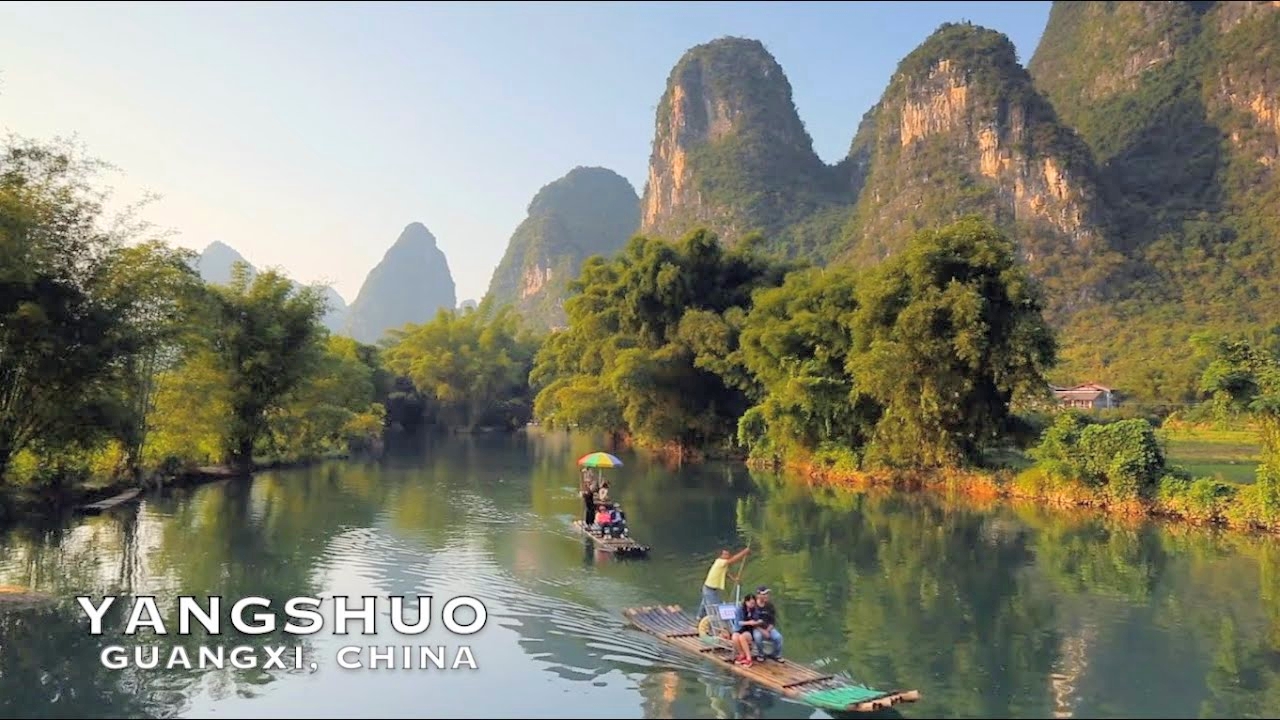GuìZhōu is a mountainous province in south China known for its ancient rural villages and diverse ethnic minority groups, including the Miao, Bai and Dong.
[640],shadow=true,start=,stop=ZhaoXing village and YinTan village * JiangBang rice terraces * GaoHua village * XiaoWeng village * BiaSha village * ZhanLi village * LangDe village * JiDao Miao village * ShiQiao village * PaiMuo village *
[320],shadow=true,start=50,stop= [350],shadow=true,start=50,stop=[350],shadow=true,start=50,stop=[350],shadow=true,start=50,stop=[350],shadow=true,start=50,stop=[350],shadow=true,start=50,stop=[350],shadow=true,start=50,stop=[350],shadow=true,start=50,stop=[350],shadow=true,start=50,stop=[350],shadow=true,start=50,stop=
 This is GuiZhou 贵州 province
This is GuiZhou 贵州 province




























